
Exciting new series on “Voice, Body and Movement for Lawyers – How to connect with the jury and find Justice Through Dramatic Technique!”
Click here to find out more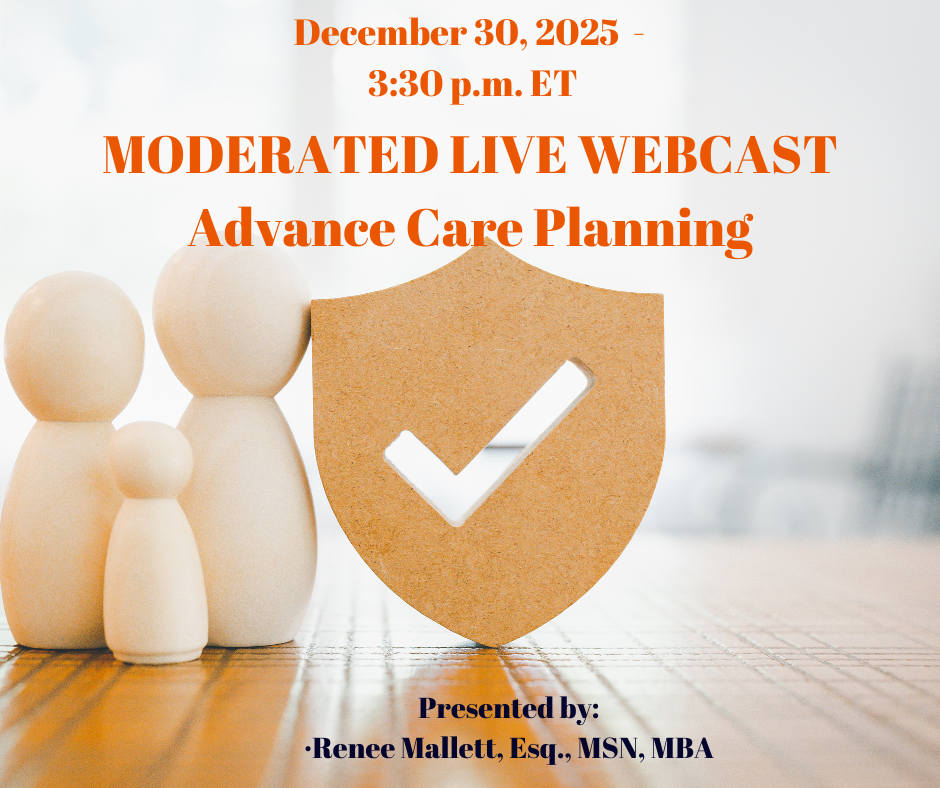
MODERATED-Attorneys may offer a crucial role in discussing advance (end of life) care planning options with their clients prior to, during and after estate planning or family law conversations. Advance Directives consists of a Living Will and Durable Power of Attorney for Healthcare and were initially governed by federal law in 1991 through the Patient Self Determination Act and of recent States have enacted their own laws. A Living Will is a health care directive that determines what types of life-sustaining treatments (enteral or parenteral nutrition therapy, hydration, artificially ventilation) your client may elect to receive. A Durable Power of Attorney for Healthcare affords your clients to select a healthcare agent to make decisions should your client lack decision-making (mental) capacity. Other advance directives include the provision for organ and tissue donation and when your client may elect natural death. This course will guide you through the key provisions for advance directives and resources that are available for you and your clients.
Learning Objectives
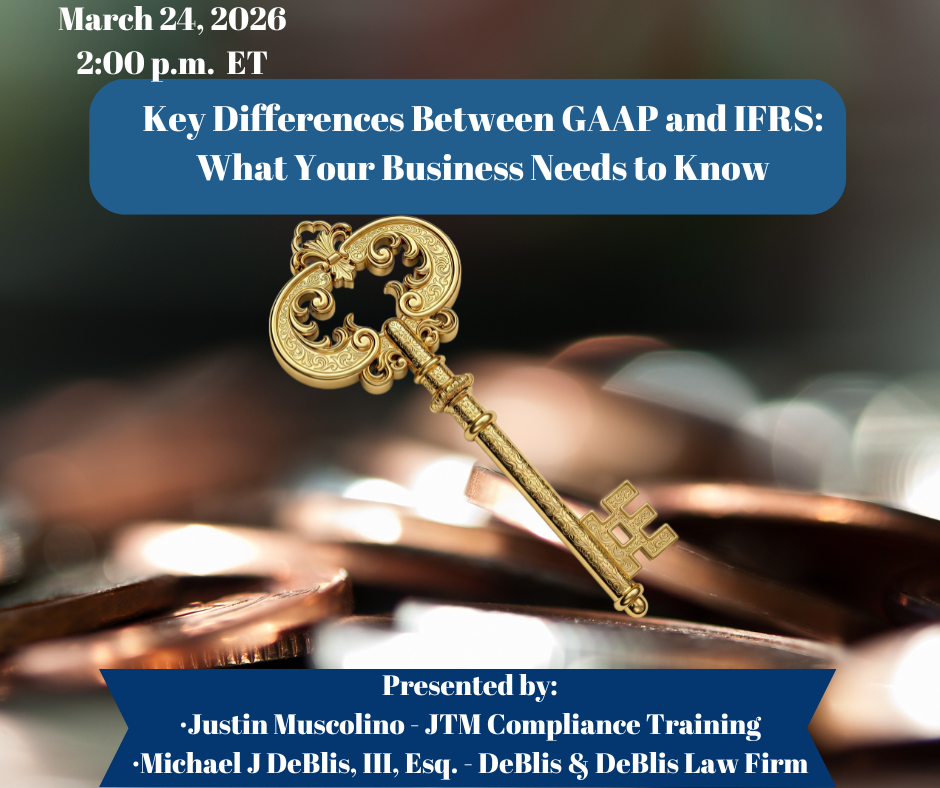
This session highlights the legal and compliance implications of divergences between GAAP and IFRS. ...
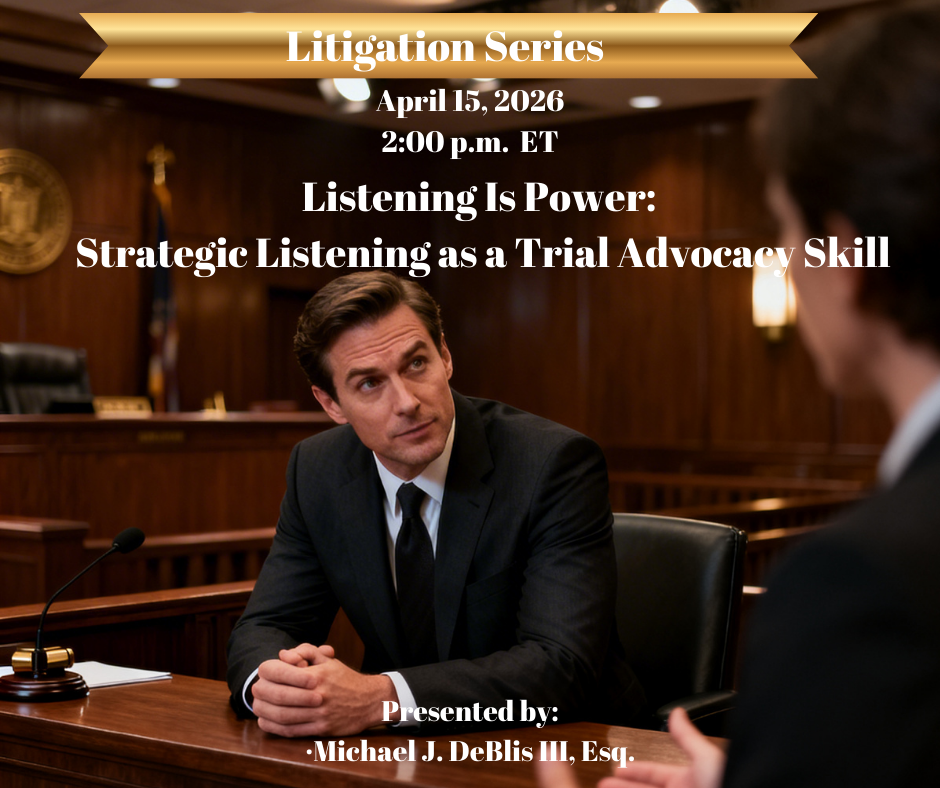
This program examines listening as an active, strategic trial advocacy skill rather than a passive c...
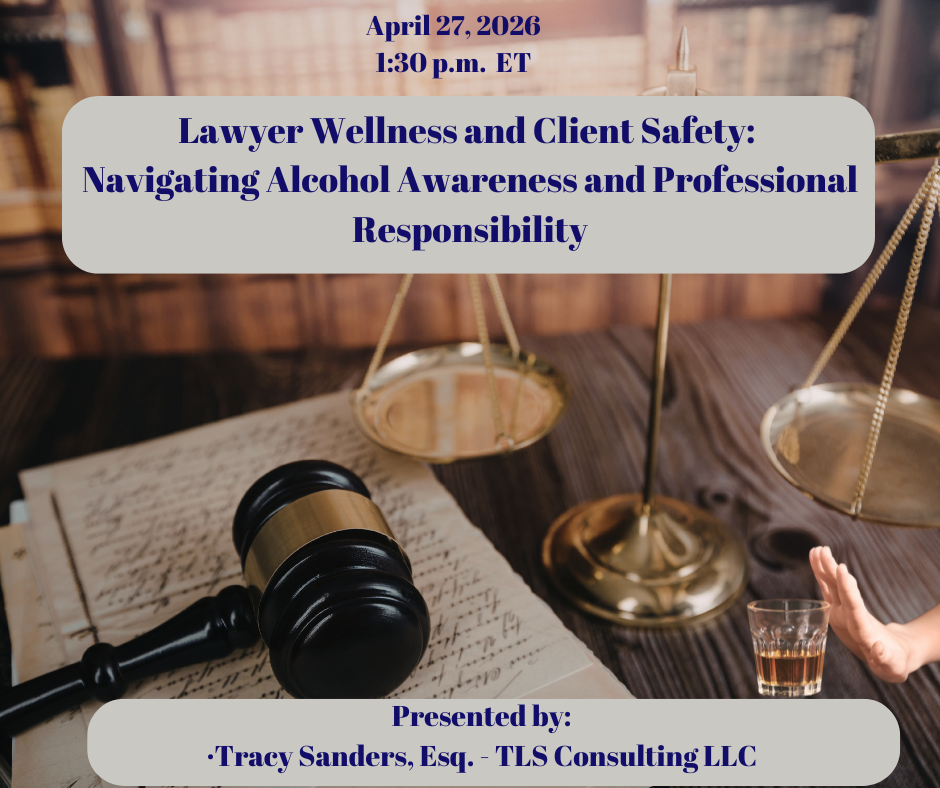
This continuing legal education (CLE) program highlights the intersection of lawyer wellness, alcoho...

This program provides a comprehensive analysis of the Sixth Amendment Confrontation Clause as reshap...
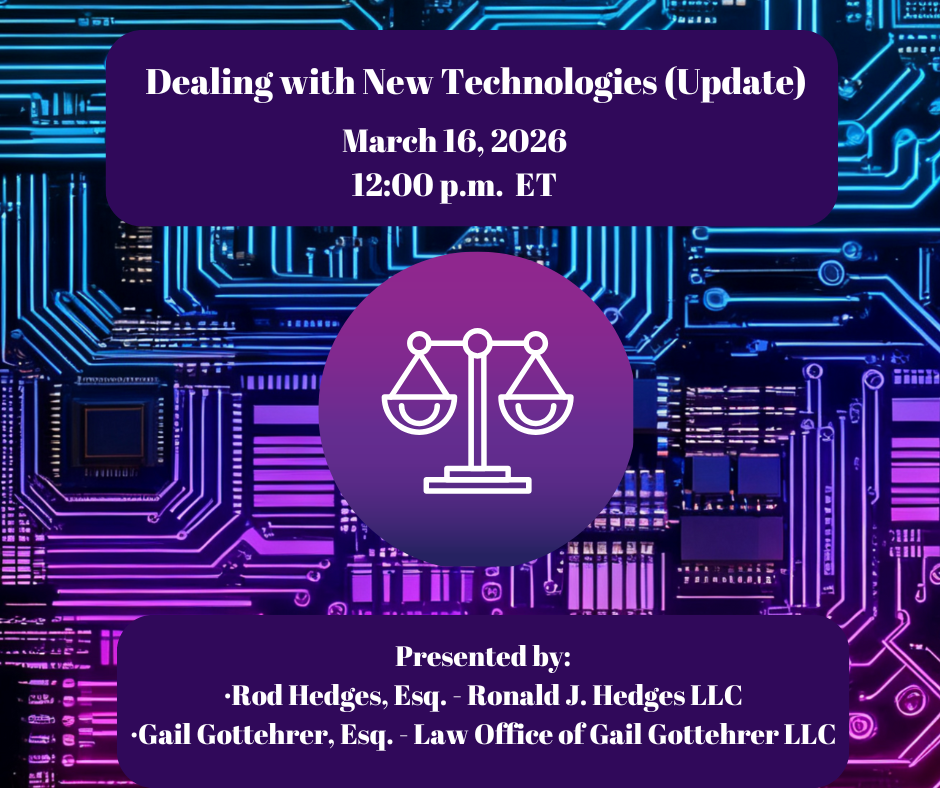
Disasters, whether natural or manmade, happen. Disasters can impact the practice of law and, among o...
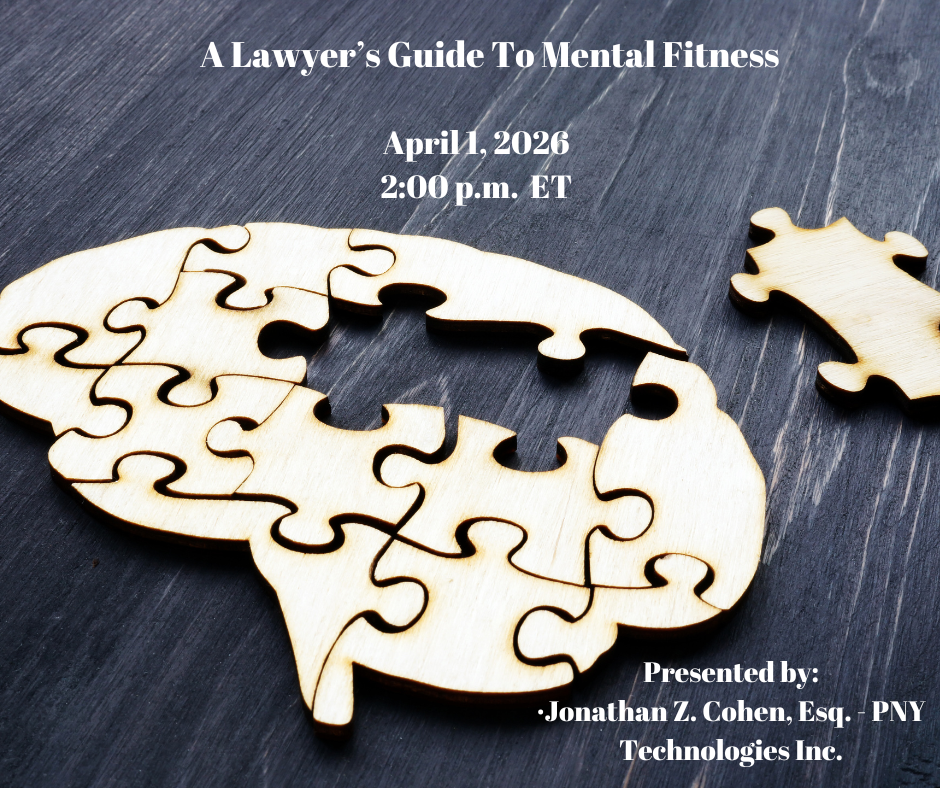
‘A Lawyer’s Guide To Mental Fitness’ is a seminar designed to equip professionals ...

This presentation teaches attorneys how to deliver memorized text—especially openings and clos...
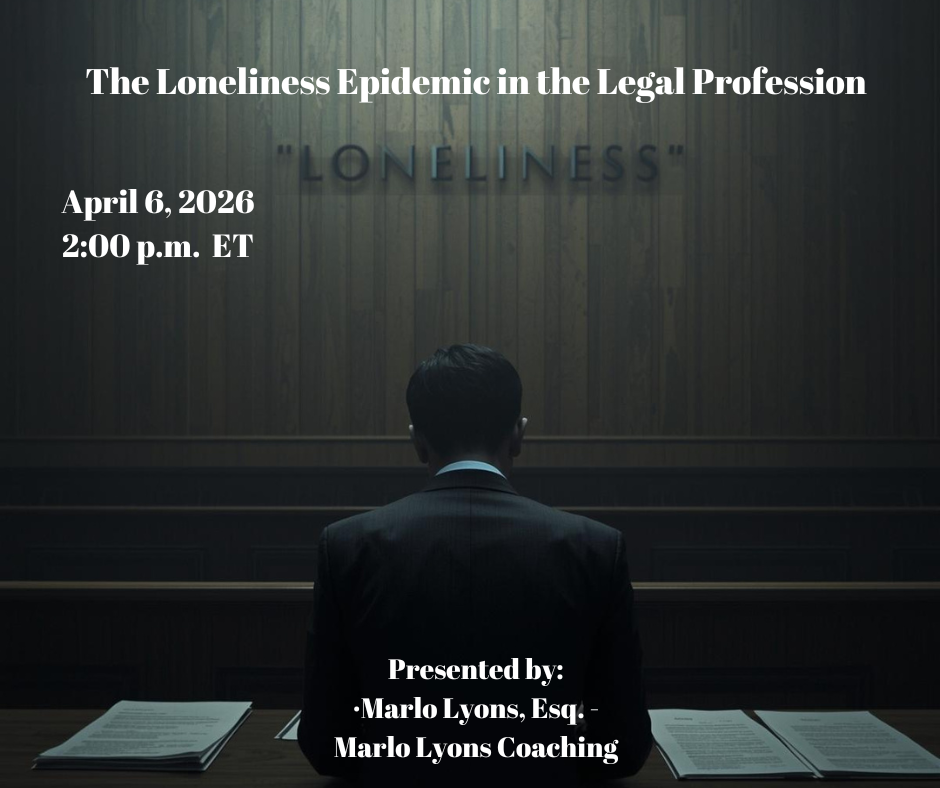
Loneliness isn’t just a personal issue; it’s a silent epidemic in the legal profession t...

In “Choosing the Right Business Entity,” I will walk through the issues that matter most...
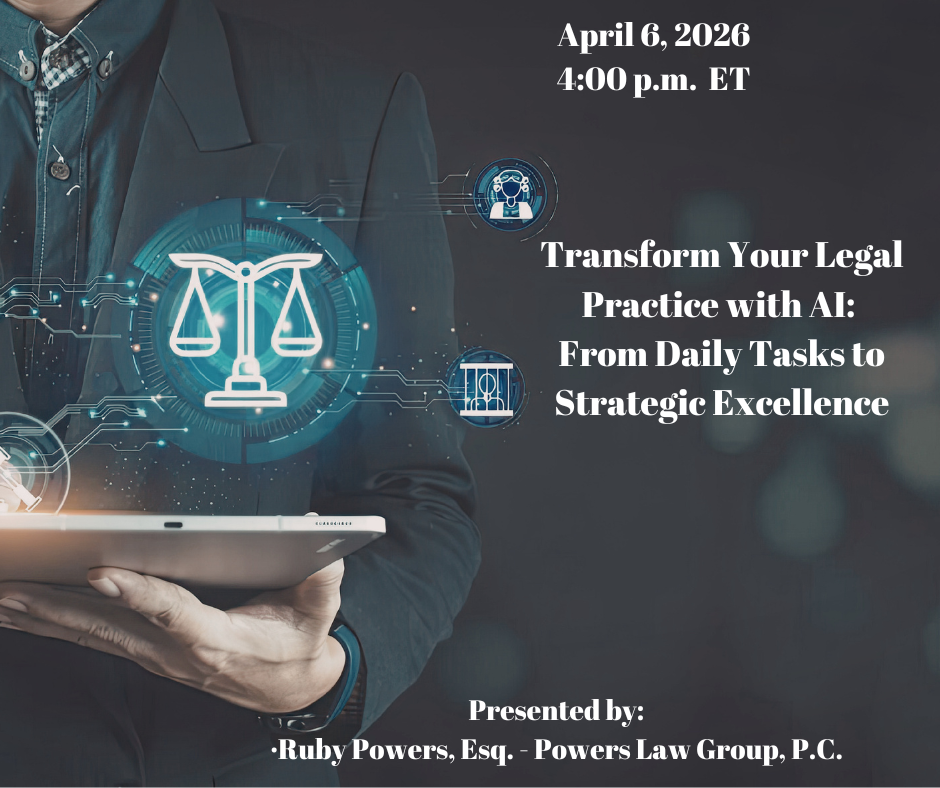
This course provides a strategic roadmap for attorneys to transition from administrative burnout to ...